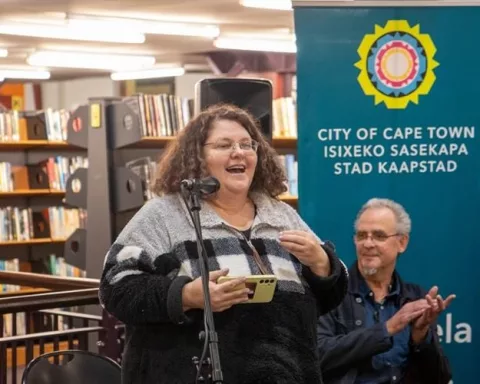The Departments of Communications and Digital Technologies and Social Development, together with their agencies Postbank, the South African Post Office, and the South African Social Security Agency (SASSA), have issued a joint statement apologizing to social grant beneficiaries who experienced difficulties in accessing their grants during the first week of September 2023. The payment delay disproportionately affected the elderly and those with disabilities, who rely on these provisions for their daily livelihoods.
Root Cause of Payment Delays
During a media briefing, Ministers Lindiwe Zulu and Mondli Gungubele explained that the recent challenges affecting social grant payments in September 2023 were due to a technical glitch. On September 5th and 6th, Postbank experienced intermittent system challenges at ATMs and retailers due to a systems upgrade intended to provide better service.
Consequently, some grant recipients could not withdraw funds for their old age and disabilities grants. Although incomplete transactions with errors typically go unnoticed due to automated reversal functionality, the system challenges that affected Postbank resulted in some beneficiaries not receiving their social grant payments on time.
Resolving Payment Delays
To reassure the public, the ministers confirmed that the system challenges were resolved on the morning of September 6th, and the Postbank system has since been working optimally. While the payment of other social grants concluded without challenges on September 7th, approximately 600,000 beneficiaries were still affected by the technical glitch.
Postbank has since completed more than 500,000 manual funds reversals, and the affected beneficiaries have received their social grants payments. However, due to the time-consuming nature of manual processes, some clients are still waiting for their funds.
Further Assistance for Beneficiaries
Postbank has set up a call center, WhatsApp line, and email for support to assist clients who are experiencing challenges with accessing their grants. To prevent such system challenges in the future, the institution has made significant progress in improving its banking IT systems.
Apologies and Progress
The ministers, on behalf of both agencies, offered profound apologies to stakeholders and expressed gratitude for their support during this trying time. Postbank and SASSA staff will be in communities this week to assess progress on grant payments and offer assistance to recipients requiring further guidance.
In conclusion, while the September payments challenges were not related to the SASSA Gold Cards expiry, the ministers encourage beneficiaries to ignore false information about card validity. The Departments and their entities will continue to update beneficiaries and the nation on the SASSA cards replacement program and unveil the new Postbank SASSA Grants Payment cards, ensuring that the poorest of the poor continue to benefit from a capable and developmental state within a vibrant democratic system.








